Anaplastic large-cell lymphoma, as it pertains to breast implants, is back in the news cycle. It’s not the first time and it won’t be the last. As was the case before, the issue has been blown out of proportion, leading to unnecessary fears for current and potential breast augmentation patients. Caught up in the hysteria, news outlets are even digging up the ancient misconception that silicone breast implants are somehow unsafe.
Board certified plastic surgeons discuss ALCL in the realm of breast augmentation and why patients and readers need to be wary of the mainstream media’s penchant for blowing stories out of proportion.
ALCL and Alarmist Media
One of the most important commitments we hold at The Plastic Surgery Channel is reporting the truth, which inevitably leads (it would seem nowadays) to disagreeing with mass media reports that are either untruthful, or at the very least, misleading.
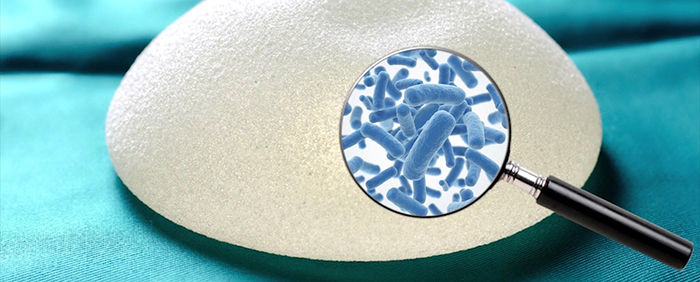
We let you know what procedures work, and which ones you may want to take a second look at. Especially when it comes to how a plastic surgery procedure, treatment or device may impact the health of our patients, telling the truth stands as our top priority, and is always the top priority of board certified surgeons.
Recently, multiple reports have been published about a certain type of breast implant, textured implants, and their connection with a very rare cancer called anaplastic large cell lymphoma, or ALCL.
What do we know about ALCL?
“What do we know about ALCL? It’s rare,” says Dr. Jason Pozner, a board certified plastic surgeon in Boca Raton, FL. “As a matter of fact it’s very rare. I don’t know about my colleagues but I personally have never seen a case. We know it’s situated with textured implants. Personally I don’t like textured implants, I prefer smooth implants. It’s rare for us to see it. It’s rare. But again, the media likes to blow this up.”
Some board certified plastic surgeons say the peer-reviewed, scientific literature that has been published about ALCL doesn’t definitively connect this rare and curable type of cancer with textured implants.
“A lot of literature has been done, as you know, that is showing this is a late inflammatory process which is created by either a combination of biofilm or a bacterial contamination or white cell overgrowth,” says fellow board certified plastic surgeon Dr. Charles Messa, III, who practices in Florida as well. “So these things are not because you have a silicone implant or because you have a textured implant, it’s because of your body’s own hyperinflammatory response to it and that’s why there are millions of women with textured implants who are perfectly healthy and fine.”
Should Textured Implants be Used?
All of the nationally known plastic surgeons we interviewed for this story recommend patients have personal discussions with their plastic surgeons about the best course to take. It requires a frank and honest conversation that weighs the benefits of textured vs. smooth implants for each individual case, as well as the relative risk of contracting ALCL in the first place. What are the real odds today of being diagnosed with ALCL and what can be done if there is a diagnosis?
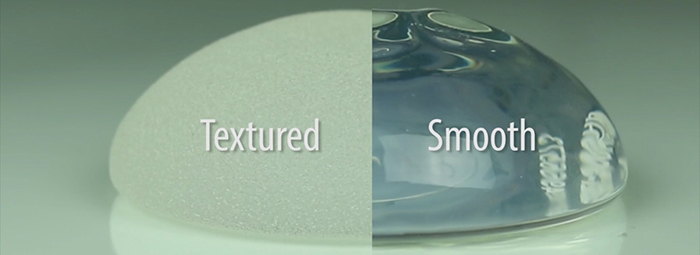
“We know it’s curable,” explains Pozner. “We all have our preferences as far as implants and that’s a personal decision between the patient and physician whether to use textured implants. But frankly, in cases of post-cancer breast reconstruction, they’re using these textured implants. So it’s quite a dichotomy to use this for cosmetic versus reconstructive. We’re still on the learning curve for this and certainly I would not dissuade any woman from having breast augmentation surgery due to this potential, low-risk complication.”
For the Media, Two Scary Implant Stories are Better than One
Too often, popular media reporters stray beyond the ALCL issue in their articles by raising unnecessary and unwarranted fears about silicone implants. Reviving the old wives tales that silicone breast implants are linked to a whole host of biological and physiologic nightmares is an easy way to fill out a piece, but loose journalism doesn’t always mean objectivity. For the record, silicone implants are completely safe; dare we say fake news to any media outlet saying otherwise.

“There’s been 35 high level studies that have never shown any link between silicone breast implants and autoimmune diseases,” says Dallas-based board certified plastic surgeon William Adams, Jr., MD. “Period. End of that scare. It just doesn’t exist.”
Breast Implant-Associated ALCL is real and does occur, but the surgeons and researchers deeply involved know it to be very rare. Even beyond it’s rarity, the mechanisms behind the disease are not totally understood – meaning that while textured implants have a higher risk, the research is not blaming textured implants 100% just yet.
For patients interested in breast augmentation, an honest and in-depth consultation with a board certified plastic surgeon is where real answers will be found – not the mainstream media.


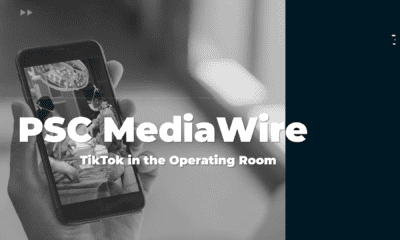


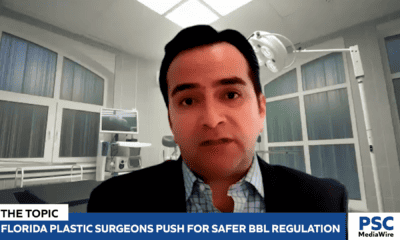
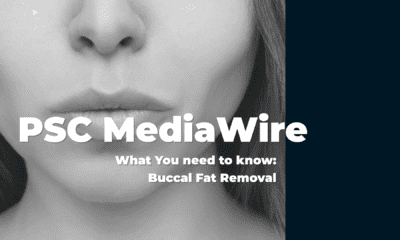


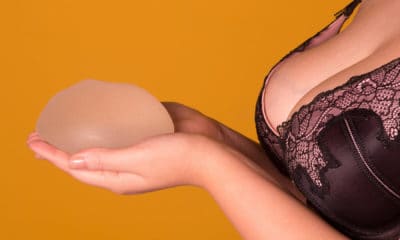





Facebook
Twitter
Instagram
YouTube
RSS